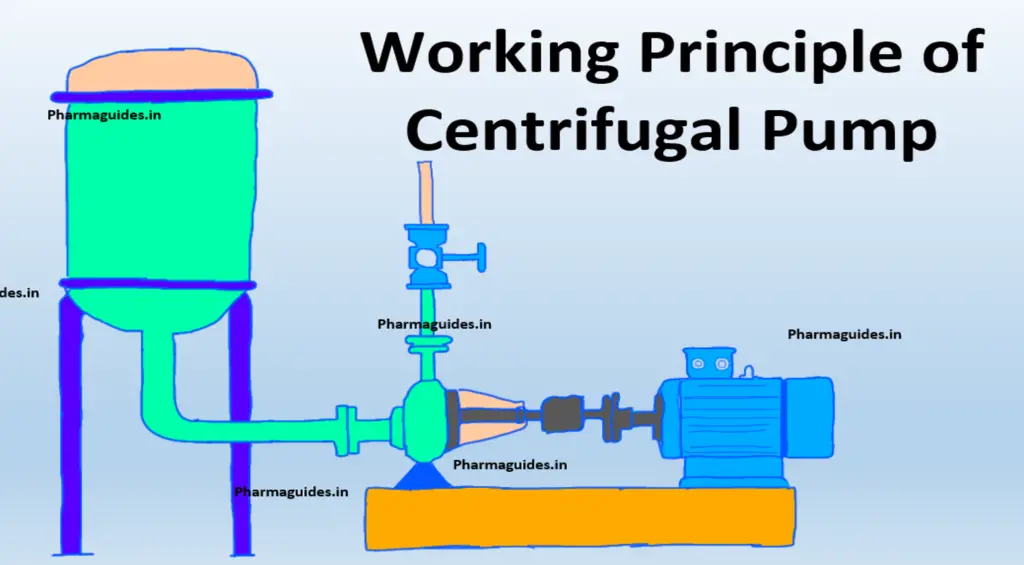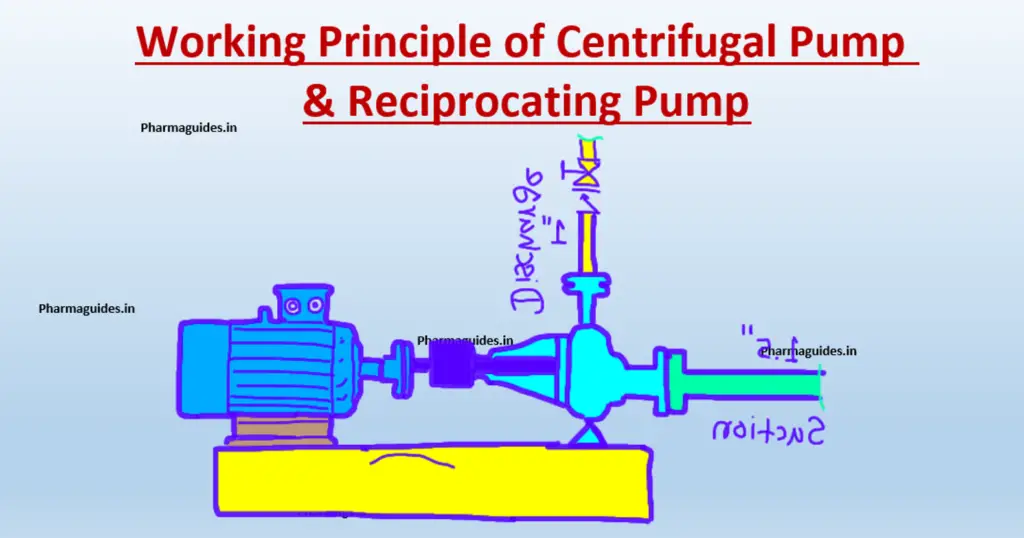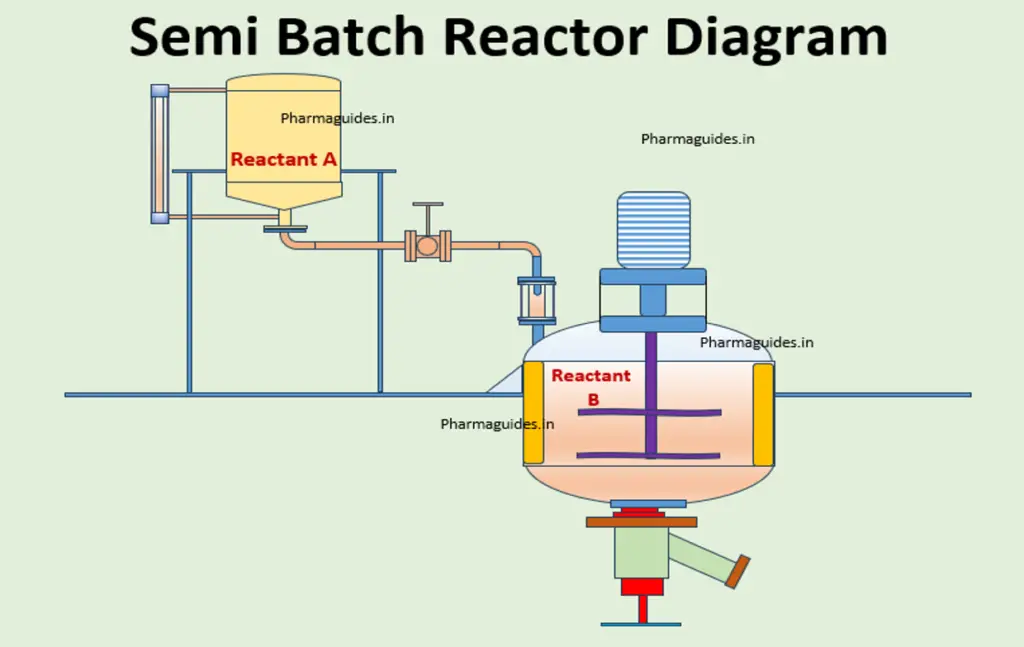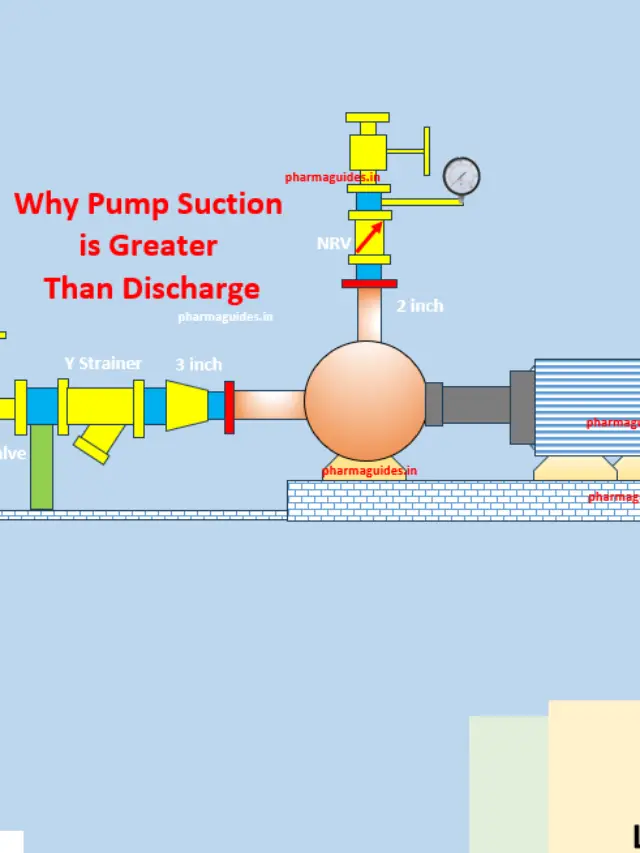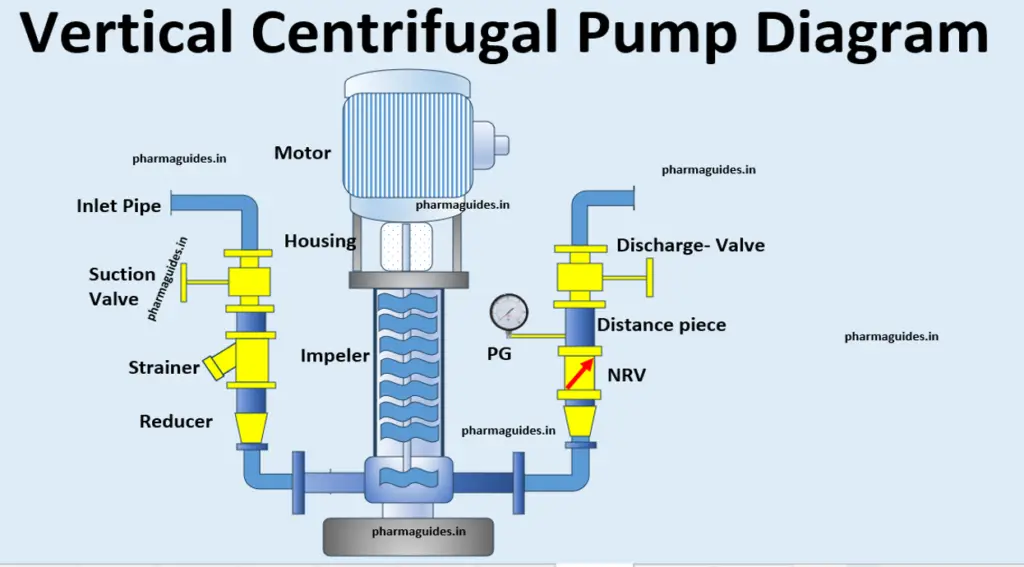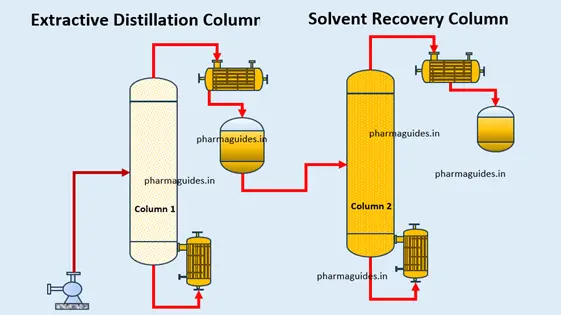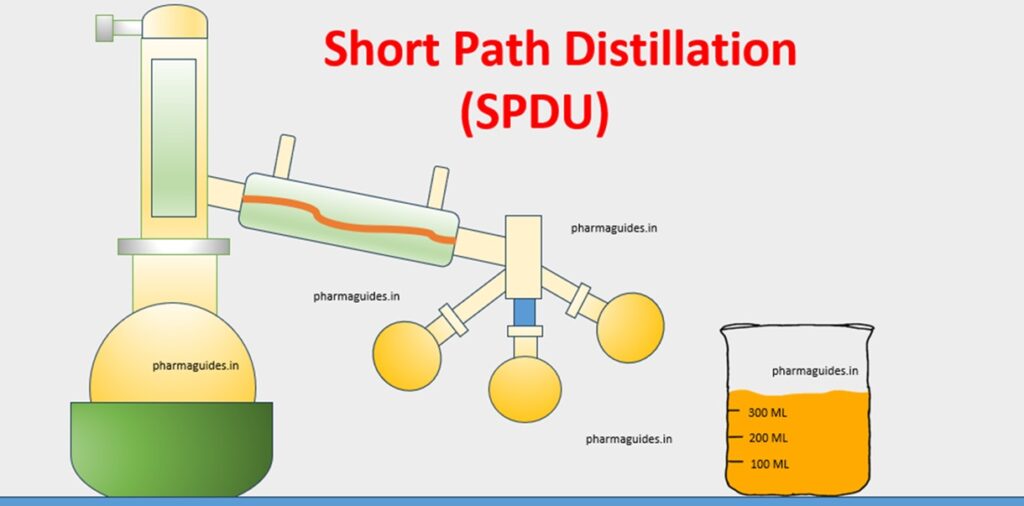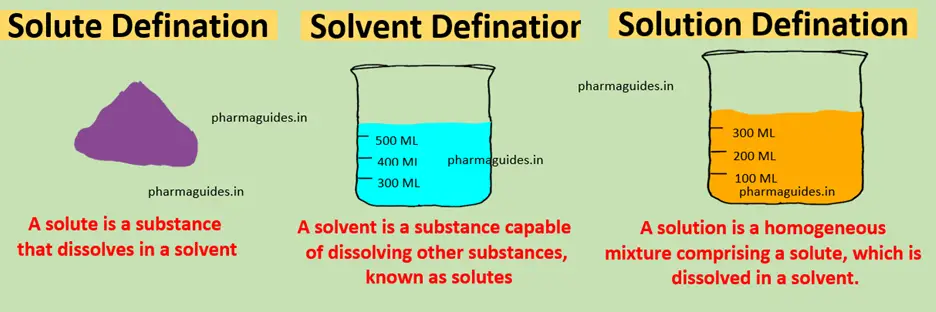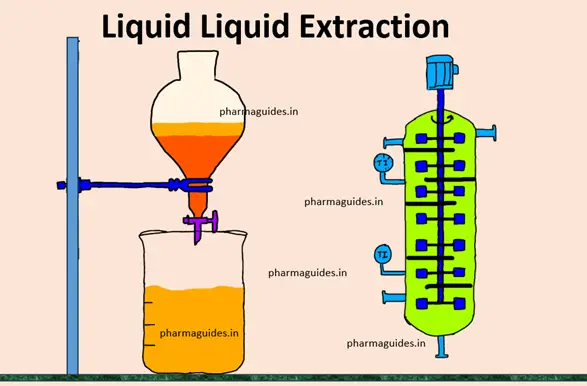Article Contents
application of distillation in industry
Distillation: An Essential Technique Driving Efficiency and Purity in Industrial Processes.
Introduction application of distillation process
Distillation is a fundamental separation technique widely employed in various industries to purify liquids, isolate desired compounds, and optimize manufacturing processes. Its versatility and efficiency have made it indispensable in the production of numerous everyday products, from fuels and chemicals to beverages and pharmaceuticals. In this article, we delve into the application of distillation in industry, highlighting its significance, methodologies, and contributions to modern manufacturing.
The Basics of Distillation
At its core, distillation is a separation process that exploits the differences in boiling points of components within a liquid mixture. When heated, the liquid mixture is converted into vapor, and the vapor is then condensed back into liquid form, resulting in the isolation of individual components based on their respective boiling points.
Types of Distillation
- Simple Distillation: This method is used to separate components with significantly different boiling points. It is ideal for purifying liquids and separating volatile compounds.
- Fractional Distillation: Employed when the boiling points of the components are closer, fractional distillation utilizes a fractionating column to enhance separation efficiency. The column provides multiple vaporization-condensation cycles, resulting in increased purity.

Applications of Distillation in Industry
- Petrochemical Industry: The petrochemical sector relies heavily on distillation to refine crude oil into a myriad of valuable products such as gasoline, diesel, jet fuel, and various petrochemical feedstocks. Fractional distillation is especially vital in this context, enabling the separation of hydrocarbons with different molecular weights.
- Pharmaceutical Industry: Pharmaceutical companies utilize distillation to purify active pharmaceutical ingredients (APIs) and separate compounds during drug synthesis. Distillation plays a pivotal role in achieving the high purity levels required for safe and effective medications.
- Chemical Industry: Distillation is a cornerstone of chemical manufacturing, where it is employed in the production of solvents, acids, alcohols, and other specialty chemicals. The process ensures the removal of impurities and unwanted by-products, leading to enhanced product quality.
- Food and Beverage Industry: Distillation is applied in the production of alcoholic beverages like whiskey, vodka, and rum. By carefully controlling the distillation process, distillers can extract specific flavor profiles and achieve desired alcohol concentrations.
- Water Purification: Distillation is an effective method for water desalination and purification. It involves boiling water, collecting the vapor, and condensing it back into liquid form, leaving behind impurities and contaminants.
- Perfumery and Fragrance Industry: Distillation is used to extract essential oils from plants, flowers, and aromatic compounds. This technique ensures the preservation of delicate fragrance notes, making it a preferred method in the perfume industry.
Advantages of Distillation in Industry
- High Purity: Distillation enables the isolation of highly pure substances, meeting strict quality standards and regulatory requirements in various sectors.
- Energy Efficiency: Distillation processes can be designed for energy efficiency, reducing overall production costs and environmental impact.
- Versatility: Distillation can be adapted to handle a wide range of substances, making it a versatile and widely applicable technique.
real life application of distillation
Below are some prominent real-life applications of distillation:
application of distillation in daily life
- Petroleum Refining: One of the most significant applications of distillation is in the petroleum industry. Crude oil contains a complex mixture of hydrocarbons with varying boiling points. Through fractional distillation, crude oil is separated into different fractions like gasoline, diesel, jet fuel, and other petrochemical feedstocks. This process is crucial for meeting the world’s energy demands and producing various petroleum-derived products, real life application of distillation.
- Alcoholic Beverage Production: Distillation plays a vital role in producing alcoholic beverages like whiskey, vodka, rum, and brandy. Fermented liquids containing alcohol are heated, and the alcohol vapor is condensed to obtain high-proof spirits. The process ensures the desired flavor profiles and alcohol content in the final products, this is s real life application of distillation.
- Pharmaceutical Industry: Distillation is extensively used in the pharmaceutical industry to purify and isolate active pharmaceutical ingredients (APIs). It helps remove impurities and separate specific compounds during drug synthesis, ensuring the production of safe and effective medications.
- Water Desalination: Distillation is a key process in some advanced water desalination plants. By evaporating water, collecting the vapor, and then condensing it back into liquid form, distillation separates fresh water from saline sources, addressing water scarcity in coastal regions.
- Chemical Manufacturing: Distillation is an essential technique in the chemical industry for separating and purifying different components of chemical mixtures. It plays a crucial role in the production of solvents, acids, alcohols, and other specialty chemicals, this is also a real life application of distillation.
- Essential Oil Extraction: Steam distillation is widely used to extract essential oils from plants, flowers, and herbs. These oils find applications in aromatherapy, perfumery, flavoring, and natural remedies.
- Biofuel Production: Distillation is employed in the production of biofuels like bioethanol. Fermented agricultural crops are distilled to separate and purify ethanol, which can be blended with gasoline as an eco-friendly alternative fuel.
- Food Processing: Distillation is utilized in food processing to concentrate flavors, separate volatile compounds, and remove undesirable components. It is used to produce extracts, essences, and concentrated flavors for various food products.
People also ask
Q1: What are the applications of distillation in the food industry?
Answer: Distillation plays several essential roles in the food industry, primarily in the production of alcoholic beverages and the extraction of essential oils from plants. Some key applications include:
- Beverage Production: Distillation is widely used in the production of alcoholic beverages such as whiskey, vodka, rum, and brandy. It helps to concentrate and purify the alcohol, ensuring the desired flavor profiles and alcohol content are achieved, real life application of distillation.
- Essential Oil Extraction: Distillation is applied to extract essential oils from herbs, spices, and flowers used in the food industry for flavoring. Steam distillation is commonly used to separate the essential oils from the plant material, resulting in concentrated aromatic compounds.
- De-alcoholization: In some cases, distillation is used to remove alcohol from beverages, producing non-alcoholic or low-alcohol versions while retaining the flavor.
Q2: What are the applications of distillation in agriculture?
Answer: Distillation finds a few significant applications in agriculture, mainly for the production of biofuels and the extraction of plant extracts.
- Biofuel Production: Distillation is utilized in the production of bioethanol from fermented agricultural crops, such as corn, sugarcane, or wheat. The process involves separating ethanol from the fermentation mixture through distillation, resulting in a high-purity biofuel suitable for blending with gasoline.
- Plant Extracts and Essential Oils: Distillation is employed to extract valuable compounds and essential oils from various agricultural crops. These extracts have applications in the food, pharmaceutical, and cosmetic industries, real life application of distillation.
Q3: What are the applications of simple distillation method?
Answer: The simple distillation method is applied in scenarios where the boiling points of the components in a liquid mixture differ significantly. Some of its common applications include, real life application of distillation:
- Purification of Liquids: Simple distillation is used to purify liquids by separating a volatile component from a non-volatile one. For example, it can be employed to purify water by separating it from dissolved impurities.
- Separation of Solvents: In laboratories and certain industrial processes, simple distillation is used to separate and recover solvents from reaction mixtures.
- Distillation of Crude Oil: Simple distillation is the initial step in the refining of crude oil. It helps to separate the lighter, more volatile hydrocarbons like gasoline, diesel, and kerosene from the heavier fractions, real life application of distillation.
Q4: What are the industrial applications of continuous distillation?
Answer: Continuous distillation is a highly efficient process used in industries where large-scale, continuous separation of components is required. Some of its prominent industrial applications include:
- Petroleum Refining: Continuous distillation is extensively used in the petroleum industry to separate crude oil into different fractions like gasoline, diesel, jet fuel, and various petrochemical feedstocks.
- Chemical Manufacturing: Continuous distillation is applied in the production of chemicals, such as the separation of different components in chemical synthesis or the purification of reaction products.
- Ethanol Production: Continuous distillation is employed in large-scale ethanol production from fermented crops or biomass, ensuring a continuous flow of high-purity ethanol output.
- Food and Beverage Industry: Continuous distillation is used in large-scale beverage production, where a constant supply of purified alcohol is required for making spirits.
- Desalination: Continuous distillation processes are also utilized in some advanced water desalination plants, helping to produce fresh water from seawater or brackish water sources.
Conclusion
Distillation remains an indispensable technique in modern industrial processes, enabling the production of pure and valuable substances across various sectors. Its adaptability, efficiency, and ability to achieve high levels of purity make it a cornerstone of the manufacturing world. As technology continues to advance, the application of distillation in industry is likely to evolve further, leading to even more refined and sustainable production methods.
application of distillation in daily life
importance of distillation in industry





